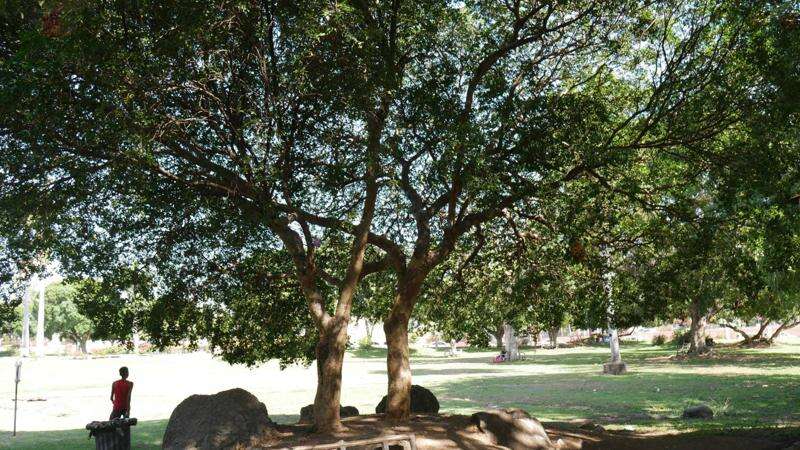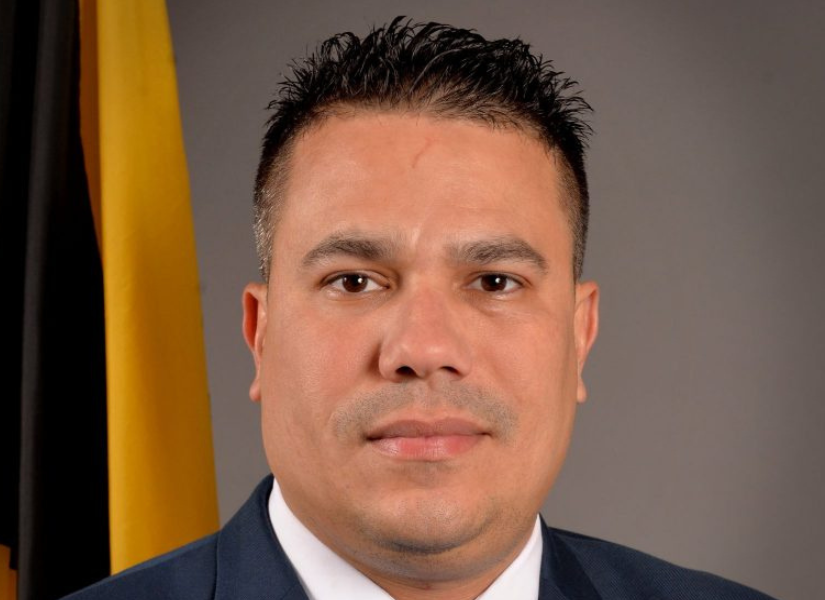Latest News
THE picturesque Devon House mansion and property, one of the must-see landmarks in Jamaica's capital city for residents and visitors alike, was the subject of some debate late last year when one of its poinciana trees — majestic though ageing and badly damaged — was removed from the historic piece of real estate.
Many felt that the mansion — the architectural dream of Jamaica's first black millionaire, George Stiebel — declared a national monument in 1990 by the Jamaica National Heritage Trust, should remain untouched.
Recent renovations to the courtyard at Devon House which began in March 2022 involved construction to "address expressed concerns about safety, pedestrian flow, the functionality of the courtyard and accessibility to the differently abled", the Tourism Enhancement Fund (TEF) stated late last year.
The statement pointed out that only one tree — a poinciana — was removed during the construction, for public safety on the recommendation of the Forestry Department.
While the removal of the tree placed the spotlight on Devon House, what is less known is that the trees on the property are playing an important role in replenishing similar trees across Jamaica.
The Forestry Department — an executive agency of the Government responsible for the management and conservation of the country's forest resources — is integral to this process.
Francine Black Richards, senior director, corporate communications and marketing at the Forestry Department, explained that the department collects seeds across various locations islandwide at various times of the year as part of its seeds collection programme.
"The seeds, including those collected at Devon House, are used in our nursery production activities where we germinate seedlings that are then used in our reforestation activities or distributed to the public for planting. Devon House has an arrangement with the agency dating back more than 20 years to facilitate the collection of Jamaican mahogany seeds at Devon House and we continue to do so", Black Richards said in a statement from the Forestry Department.
Commenting on the poinciana tree that was removed from the Devon House grounds, a senior official at the institution explained that the tree had become hollow and that branches had broken off on occasion, causing slight injuries to visitors to the property.
The TEF, in its statement then, noted that a young lignum vitae tree had been planted to replace the ageing poinciana.
"In addition, six other trees have been planted, including a blue mahoe, lignum vitae and cordia sebestena as well as assorted plants and shrubs," the TEF stated.
Black Richards noted further that the decision to remove the old and damaged tree was made as far back as 2020, based on a recommendation following a health assessment on some trees on the property done by the Forestry Department.
"This recommendation was as a result of the size of the tree, which had a hollowed-out trunk… and could result in falling branches or the tree toppling over at its base. This was a huge safety risk given the high volume of traffic received at the site," said the statement from the Forestry Department director.
It was recommended that the tree be replaced with a sapling, "which could then be pruned and shaped and better managed as it became a fully grown tree."
Devon House, which receives thousands of visitors annually from Jamaica and overseas, has a variety of trees including timber, ornamental and fruit trees. They are particularly important in an urban space as they help to cool the environment, provide green spaces for relaxation and recreation, assist with carbon sequestration, air purification and production of oxygen needed for life.
Carbon sequestration is the process of capturing, securing and storing carbon dioxide from the atmosphere in solid and dissolved forms, thus reducing warming of the atmosphere.
The Forestry Department also emphasised the importance of trees to sustaining life and in mitigating the effects of climate change.
"We invite people to plant more trees to replace those lost and to ensure that we provide a healthy environment for the generations to come," Black Richards stated.
Photo captions:
Seeds from the trees at Devon House are a mong those collected by the Forestry Department islandwide and used to replenish similar trees across Jamaica.
One of the trees on the Devon House property.
Source: Jamaica Observer



